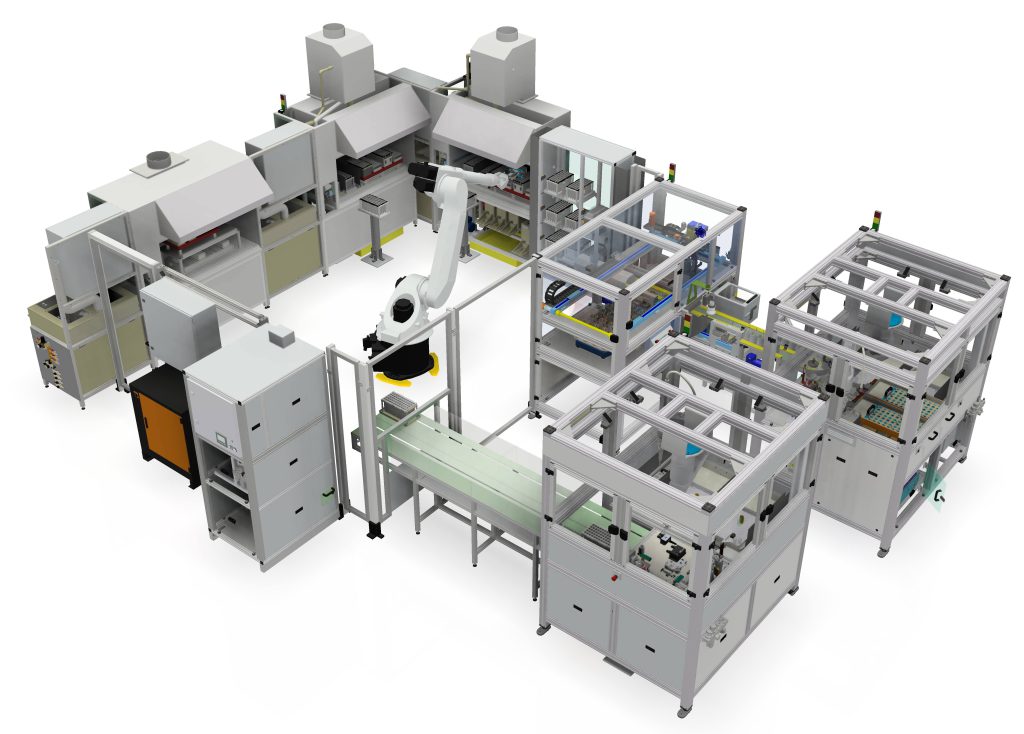
In the realm of routine laboratories—whether environmental testing, soil analysis, oil analysis, mining or any other routine laboratories —automation does prove transformative.
Embracing automation can be a game changer in your laboratory.

Embrace the efficiency, consistency, and safety that automation brings to routine laboratories. It’s not just a technological upgrade; it’s a strategic investment in the reliability and success of your testing processes to improve productivity and maximise profitability.